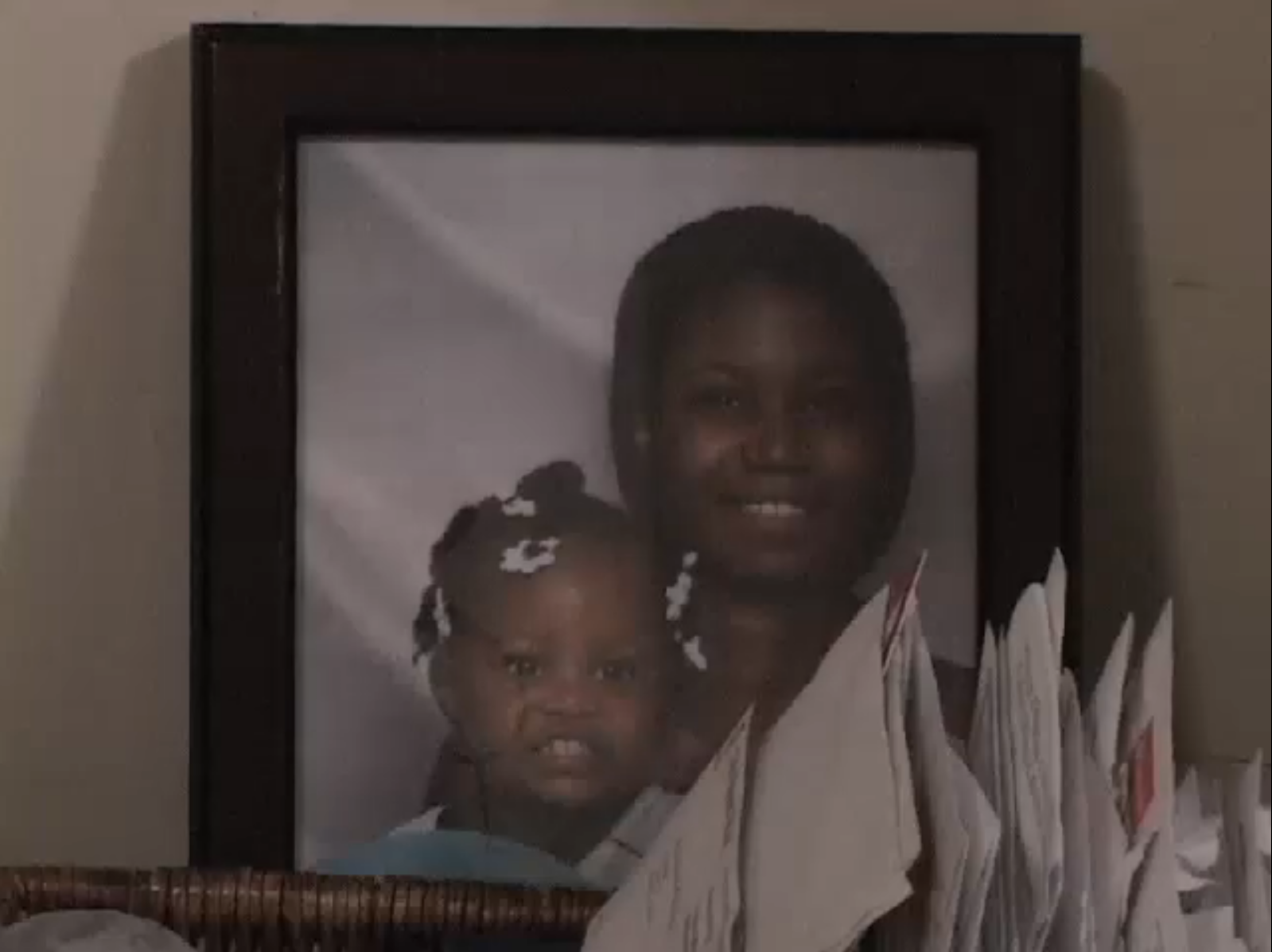Demand for foster parents rising
PRODUCED BY TENZIN NYIMA
DEMAND FOR FOSTER PARENTS RISING
Since five of her seven children have already left home to be on their own, Rosmond Roll decided to combat the solitude and become a foster parent. Her days now are occupied with shuttles between different foster care training centers where she takes classes so as to better equip her for the new role.
“I have the time and the love to offer for more children,” she said.
VIDEO STORY
 Related Content
Related Content
[Watch Now]
Roll, 57, is in her 2nd of a ten-week Model Approach to Parent Preparation (MAPP) training and will soon join 10, 000 other foster parents of New York City, to look after over 15,000 children. Every year, more than 5,000 children enter foster care in the city and Administration for Children’s Services (ACS) estimates that it needs to recruit more than 1,000 new foster parents annually to ensure a quick and stable home placement for the children.
Foster parents essentially provide a temporary, safe home for a minor until a permanent placement has been made.
“We act like a stopover for the foster kids till they find a permanent placement,” said Julia Arnett, a 49-year-old foster parent of three children.
For several others however, ties with foster children don’t end as a temporary fix. Through the course of foster parenting, a number of individuals choose to adopt their foster children after having grown close to them.
Stephen McCall, 41, who has had 24 foster children, adopted three brothers aged, 21, 20 and 15 after foster parenting them for some years.
“The bond formed with the boys was very strong,” he said.
According to the U.S. Department of Health and Human Services, Administration for Children and Families, 54 percent of adoptions made in the country in 2009, were by foster parents.
Jacqueline Garcia, 54, a mother of seven who is currently undergoing trainings to become a foster parent, is keeping the option of adopting children open. “Because I know it’s highly likely to form attachments,” said Garcia, who is looking to foster care two kids, between the age of 3 to 5.
However, foster parenting is definitely not the easiest task to handle, especially, with so many expectations that foster parents have to fulfill and skeptics that they have to listen to. Amongst the most common skepticism that foster parents have to battle with is the entire accusation of being in the foster system to make money.
But, McCall disputes the allegations saying that the cost of living of a foster child is always higher than the money received.
“Foster care and the huge financial gains attached to it is a big myth,” said McCall. “While the percentage of foster parents withdrawing is not very high, but the low funding for the foster parents is responsible for burning out foster parents.”
In such a scenario, it is highly important for the prospective foster parents to take a serious note of the preparatory classes as they can prepare them for the future.
“However, there is no single handbook in parenting,” said McCall. “Hoping for the best and expecting the worst is the way to go.”
